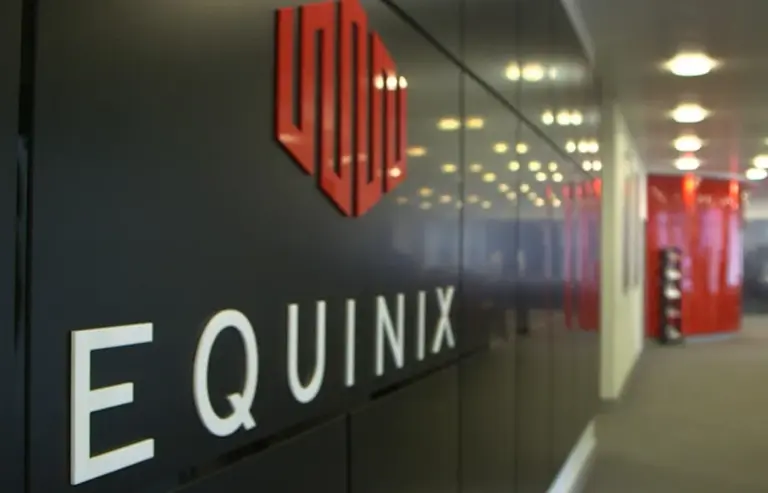Equinix, a global leader in data center services and the company behind the acquisition of Nigeria’s MainOne, has announced plans to invest $140 million to expand digital infrastructure in Southern Nigeria over the next two years. The investment will support the construction of a new data center in Port Harcourt and the expansion of Equinix’s third data center in Lagos. This move marks a significant step toward decentralizing Nigeria’s internet infrastructure, which has long been concentrated in Lagos.
Rebalancing Nigeria’s Digital Landscape
Equinix’s latest investment comes just five months after the successful integration of MainOne, which Equinix acquired in 2022 for $320 million. This effort underscores the company’s commitment to addressing the digital divide that has historically left southern regions underserved, particularly when it comes to internet capacity and data infrastructure.
The newly planned Port Harcourt data center (PR1) will be the first of its kind in the region and will serve as the landing point for Meta’s 2Africa submarine cable in Nigeria. This will significantly boost the region’s bandwidth capacity and ease the heavy reliance on Lagos for internet connectivity.
Expansion of Lagos Facilities
In addition to the Port Harcourt data center, Equinix will expand its LG3 data center in Lagos to cater to the growing demand for enterprise and cloud services in Nigeria. These developments are a direct response to the need for more localized data infrastructure across the country, especially as submarine cable landings continue to increase.
A Growing Digital Economy
Nigeria’s digital transformation has accelerated in recent years, particularly after the 2001 auction of GSM licenses, which helped grow the number of mobile subscribers from zero to over 140 million. By 2012, the emergence of tower companies allowed for more efficient infrastructure scaling, and the subsequent establishment of data centers and fiber-optic networks marked the start of the country’s deeper integration into the global digital economy.
Equinix, with over 260 International Business Exchange (IBX) data centers in 74 cities globally, has played a key role in connecting Nigeria to international markets. Its Equinix Fabric platform provides secure, high-performance interconnection between data centers, cloud platforms, and enterprise networks, enabling seamless connectivity across borders.
Strengthening Subsea Cable Resilience
Nigeria benefits from eight submarine cable landings, including Google’s Equiano and Meta’s 2Africa, both capable of delivering over 100 Tbps. These cables represent a major leap in connectivity capabilities for Nigeria. However, without robust redundancy measures, the country’s digital framework remains vulnerable to cable failures.
Equinix is addressing this challenge by routing traffic across multiple cables in West Africa on an active/active basis, ensuring that disruptions are minimal. As Wole Abu, Managing Director of Equinix West Africa, put it, “The next time a cable fails, our goal is for customers not to notice.” This forward-thinking approach strengthens the region’s digital resilience and capacity.
Bridging the Middle-Mile Gap
Despite these advancements in international connectivity, middle-mile infrastructure—which connects coastal cable landing points to inland areas—remains a bottleneck. While cities like Lagos, Accra, and Abidjan enjoy relatively strong connectivity, many rural and inland areas are still underserved.
Nigeria’s National Broadband Plan (2020–2025) aims to reach 70% broadband penetration by 2025. However, as of January 2025, penetration stands at just 45%. The World Bank estimates that 95,000 kilometers of additional fiber infrastructure will be needed to achieve national coverage.
To address this, the Federal Ministry of Communications, Innovation and Digital Economy has launched the Broadband Alliance, a collaborative effort to build a national fiber backbone. Private sector players like Equinix are expected to be key contributors to this initiative.
Unlocking New Growth Opportunities
The launch of PR1 in Port Harcourt will significantly increase internet capacity in Southern Nigeria, breaking the long-standing dominance of Lagos in cable landings and bandwidth access. This move will not only foster geographical diversification of digital infrastructure but will also open up new avenues for regional digital growth.
Equinix’s investment is an important step toward a more inclusive, regionally balanced digital future for Nigeria, helping to bridge the gaps in connectivity and support the country’s broader digital economy ambitions.

